Uncategorized
-
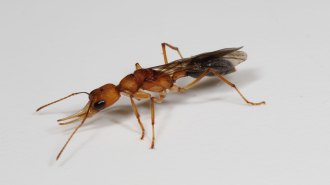 Animals
AnimalsA clever molecular trick extends the lives of these ant queens
Ant queens typically live much longer than their workers by blocking a key part of a molecular pathway implicated in aging, a new study suggests.
-
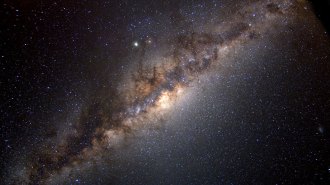 Space
Space‘The Milky Way’ wants you to get to know your home in the universe
In a new ‘autobiography,’ the Milky Way tells its own story with the help of astrophysicist Moiya McTier.
-
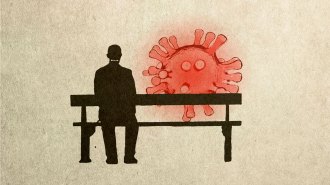 Health & Medicine
Health & MedicineWho has the highest risk of long COVID? It’s complicated
Long COVID can look different for different people, making it difficult to pinpoint the risk factors behind it.
-
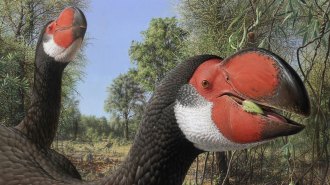 Life
LifeAncient ‘demon ducks’ may have been undone by their slow growth
Mihirung birds grew to more than half a ton and took their time getting there. That slow growth may have been a vulnerability when humans got to Australia.
By Jake Buehler -
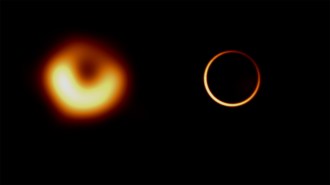 Space
SpacePhysicists dispute a claim of detecting a black hole’s ‘photon ring’
A thin ring of light around a black hole, which would probe gravity in a new way, has been found, one team claims. Skeptics aren’t convinced.
-
 Health & Medicine
Health & MedicineThe curious case of the 471-day coronavirus infection
One patient couldn’t get rid of their coronavirus infection. The case gave scientists an unprecedented look at viral evolution.
By Meghan Rosen -
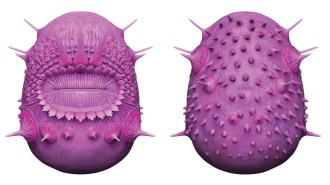 Paleontology
PaleontologyThis bizarre ancient critter has been kicked out of a group that includes humans
A wee sea creature without an anus was thought to be the oldest deuterostome. New imaging showing it had spines led to its reclassification.
By Anna Gibbs -
 Earth
EarthThe Tonga eruption may have spawned a tsunami as tall as the Statue of Liberty
A massive undersea volcanic eruption in the South Pacific in January created a tsunami that was initially 90 meters tall, computer simulations suggest.
By Sid Perkins -
 Neuroscience
NeuroscienceCOVID-19 gave new urgency to the science of restoring smell
With newfound pressure from the pandemic, olfactory training and a host of other newer treatments are now getting a lot more attention.
-
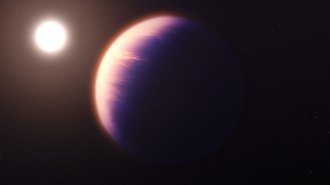 Astronomy
AstronomyThe James Webb telescope spotted CO2 in an exoplanet’s atmosphere
The first definitive detection of the gas on a world in another solar system paves the way for detections in planets that are more Earthlike.
-
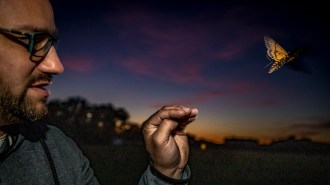 Animals
AnimalsHow death’s-head hawkmoths manage to fly straight for miles in the dark
By tailing death’s-head hawkmoths in an airplane, scientists have found that the nocturnal insects appear to navigate using an internal compass.
By Anil Oza -
 Space
SpaceNASA’s Artemis I mission sets the stage for our return to the moon
The launch will test many aspects of the rocket, capsule and spacesuits that will take astronauts back to the moon.